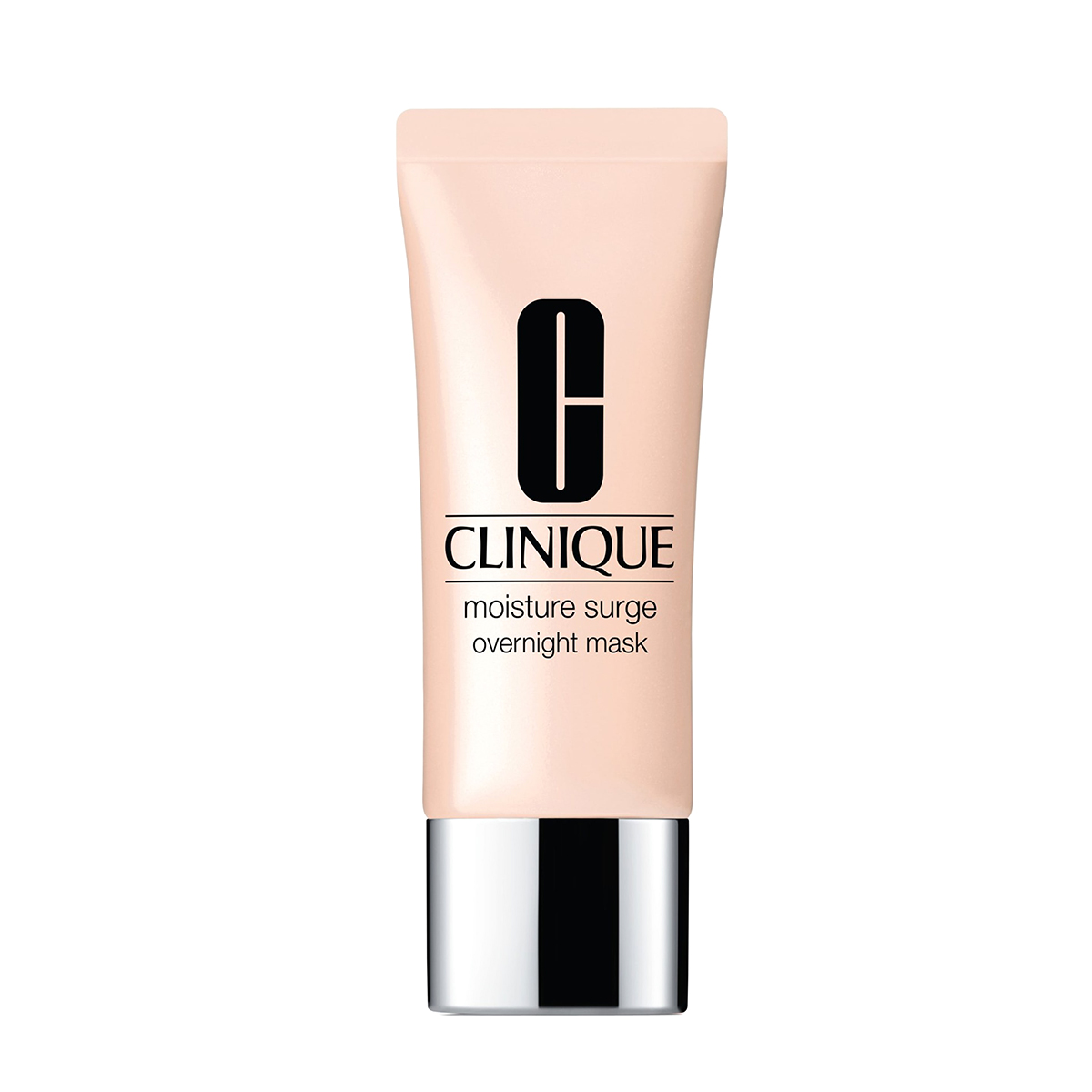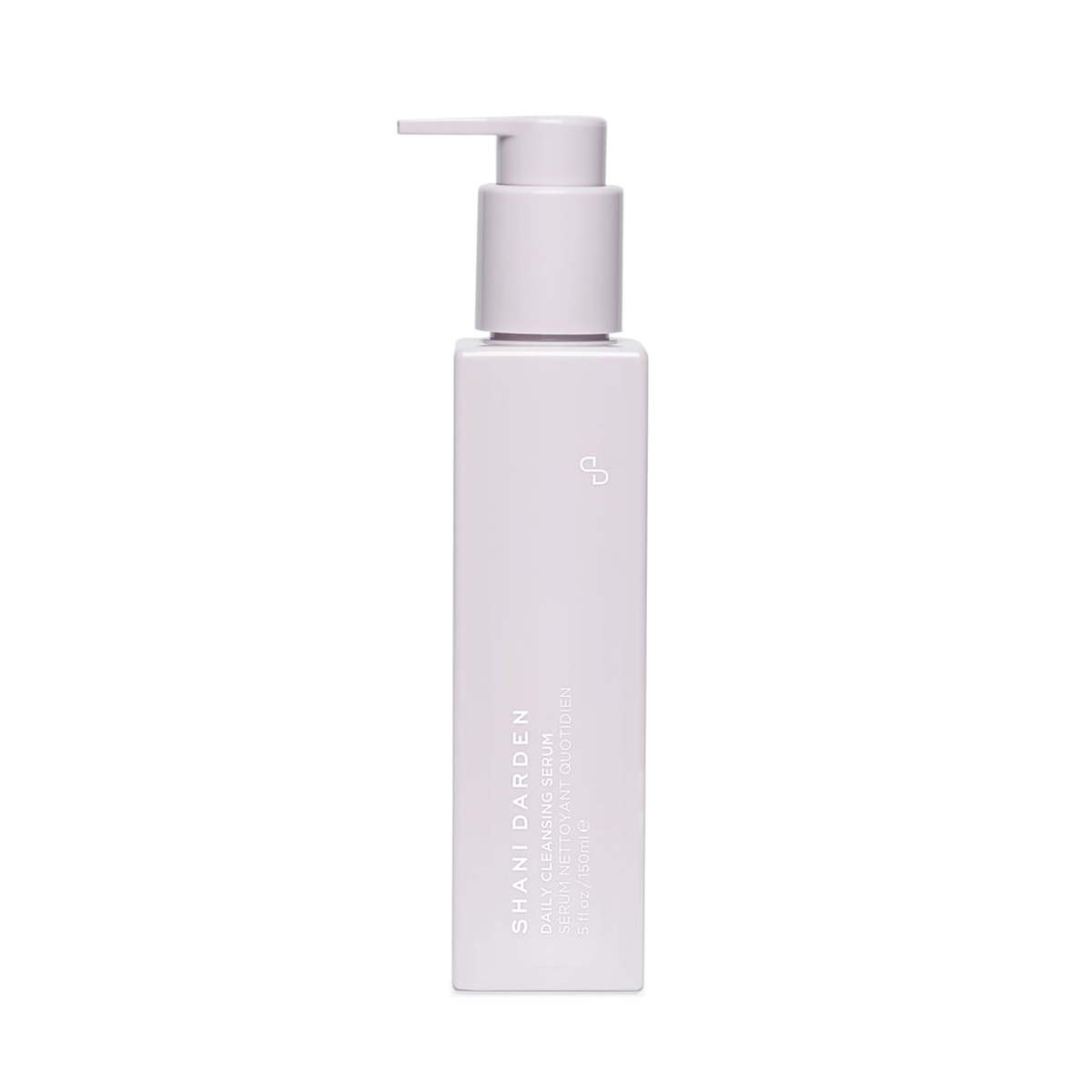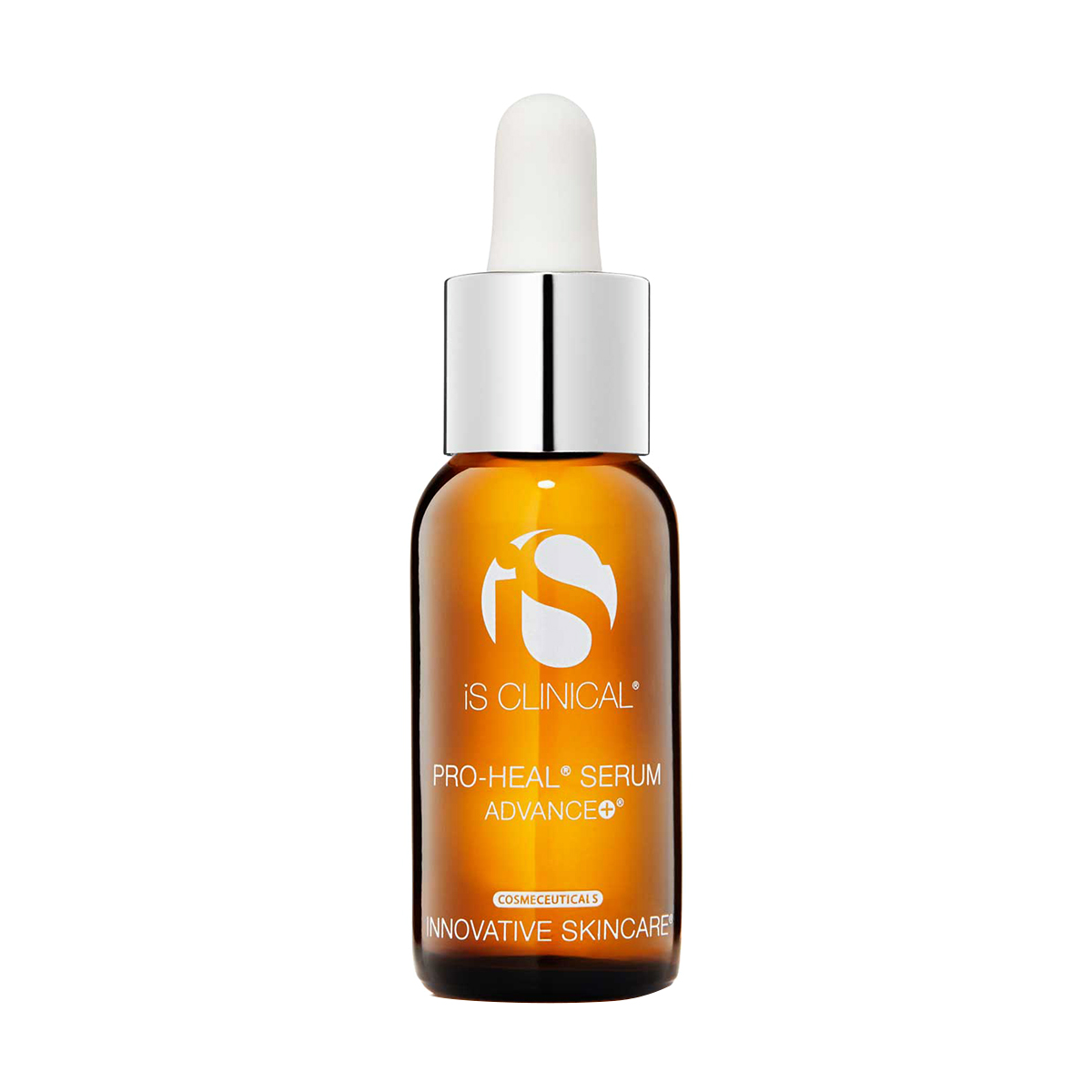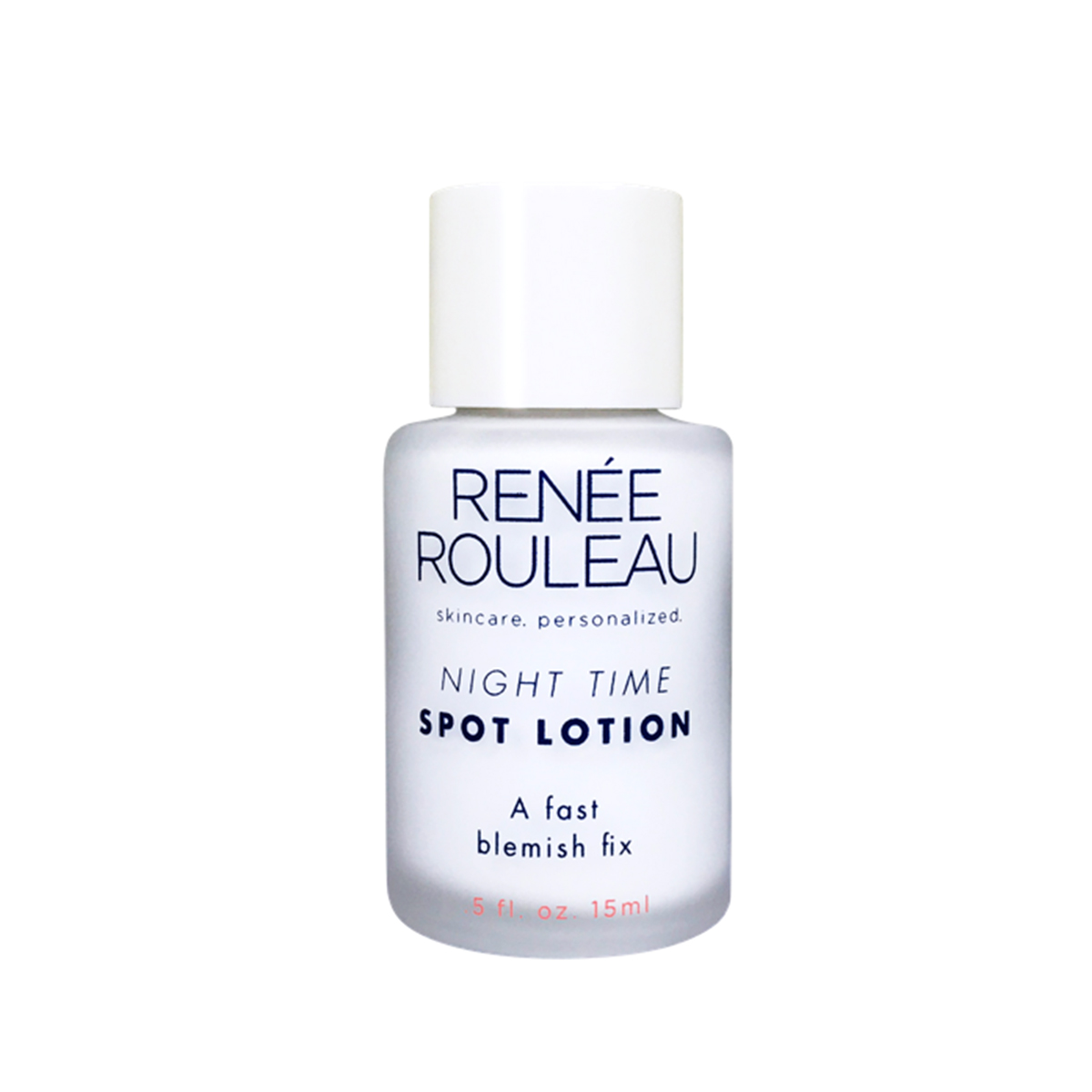Celeb Facialists Say These Are Only Skincare Products Worth Applying This Winter

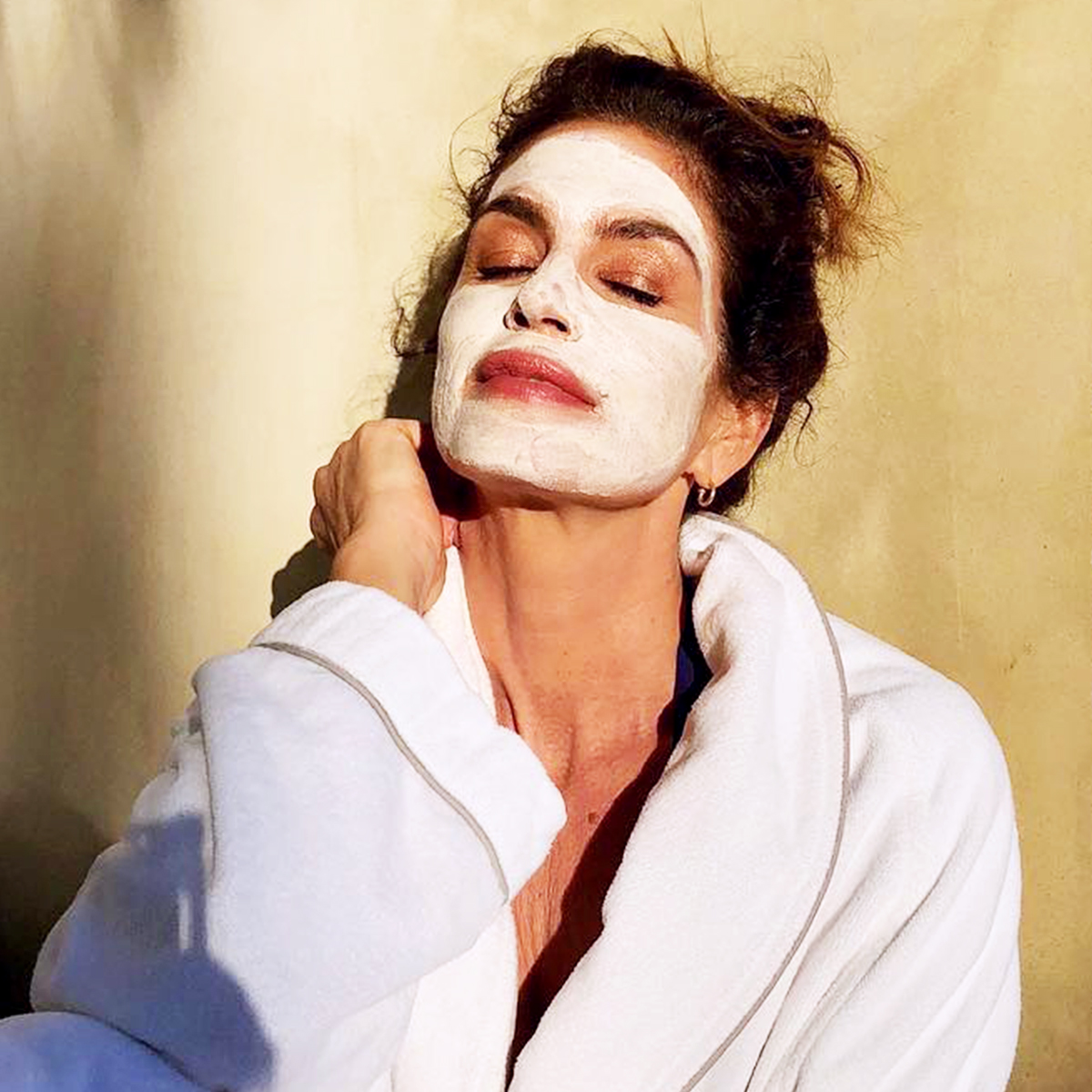
Nothing is weirder than our skin the minute clock strikes winter. Dryness, flakiness, redness, irritation—a confusing and frustrating combination of all four—from roughly November onward, our complexions are on their very worst behavior. Of course, there are quite literally thousands of products on the market all geared to address the above offenders, but grappling with which formulas to use in addition to when and how to apply them can be downright mystifying. So much so that investing in any kind of product regimen barely seems worth it. We also live in fear of spending a fortune on a formula lineup that ultimately won't work or—gasp—might make our winter skin concerns even worse.
Now that the buzz and bustle of the holiday season are officially behind us, we're still faced with a few soul-hardening months of winter and the annoying skin disruptions that tag along. And if you're like us, said disruptions were probably made worse thanks to the surplus of travel, bubbly, and cookies imbibed over the holidays and the dearth of sleep and skin upkeep. Oops. Luckily, we have industry-leading skincare experts on speed dial here at WWW HQ, and we've called on them to lend our befuddled winter complexions a helping hand. Celebrity facialists Shani Darden and Renée Rouleau are responsible for some of the healthiest, most glowing, winter-proof faces in Hollywood, so we asked them how they tackle common winter skin woes and what products and regimens they swear by for making it through the bone-chilling months unscathed. Keep scrolling for all of their expert intel.
The Most Common Winter Skin Concerns
If there's one thing I've learned from working with Renée Rouleau on my own skin (she's been my skin fairy godmother ever since I started my career as a beauty editor), it's that skin is complicated, and even umbrella terms like irritation, redness, acne, etc. are highly complicated and highly individual. So to start, if you're truly struggling with major skincare concerns, the best thing you can do for your skin is to see a reputable expert. That being said, understanding the most common winter skin concerns and how the best facialists in the industry like to tackle them is a step in the right direction.
Winter irritations can be caused by an influx of perpetrators, but according to Darden and Rouleau, frustrating skin symptoms like dullness, dryness, irritation, redness, sensitivity, and flakiness are the most common complaints they hear throughout the season. Oftentimes, these issues are caused or exacerbated by the cold, dry temperatures and/or a whirlwind of signature winter activity like travel, alcohol, inflammation-causing foods, lack of sleep, and more. Additionally, if you notice your summertime skincare formulas are worsening the situation, it's time to put them on the back burner and, as Rouleau explains, always avoid ingredients like sulfates, harmful alcohols (SD alcohol 40, denatured alcohol, ethanol and isopropyl alcohol), and bar soaps which contain harmful binders that mess with your skin's natural pH and moisture barrier.
"Listen to what your skin is telling you," says Rouleau. "If you are starting to feel or see that your products aren't working as well as they used to, it may be time to adjust your skincare routine. Whether it's from season to season or climate to climate, the skin is constantly trying to adjust itself to keep it balanced, and because of this, you may need to adjust your routine."
Your Essential Winter Skin Kit
A Gentle Cleanser
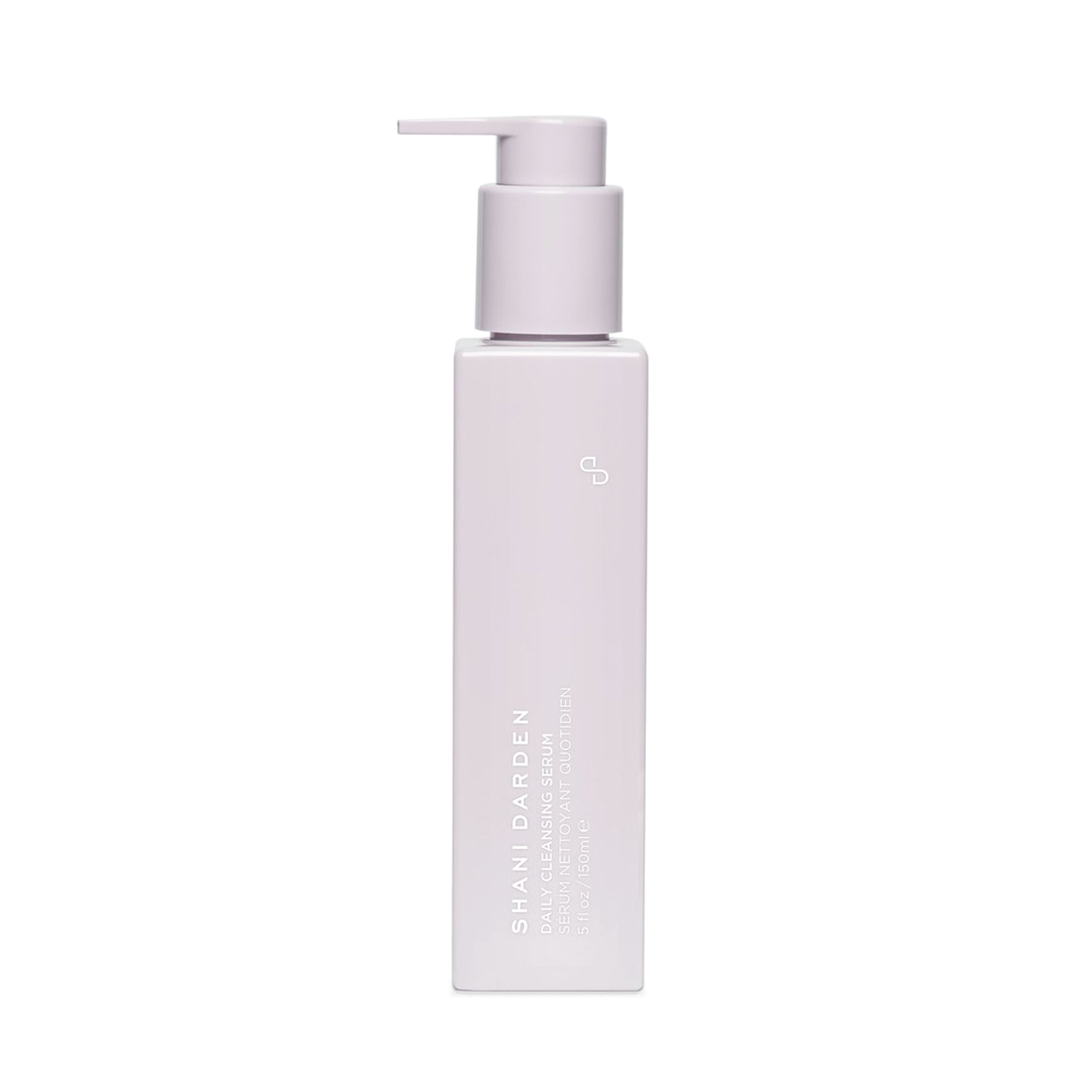
"A gentle cleanser that thoroughly cleanses without stripping the skin is essential. This is important year-round but even more so in the winter when your skin is already compromised," says Darden. She recommends this cleanser, which combines glycerin, oat bran extract, and olive and chicory leaf to hydrate the skin, calm inflammation, and keep the moisture barrier intact.
A Moisture-Protecting Toner
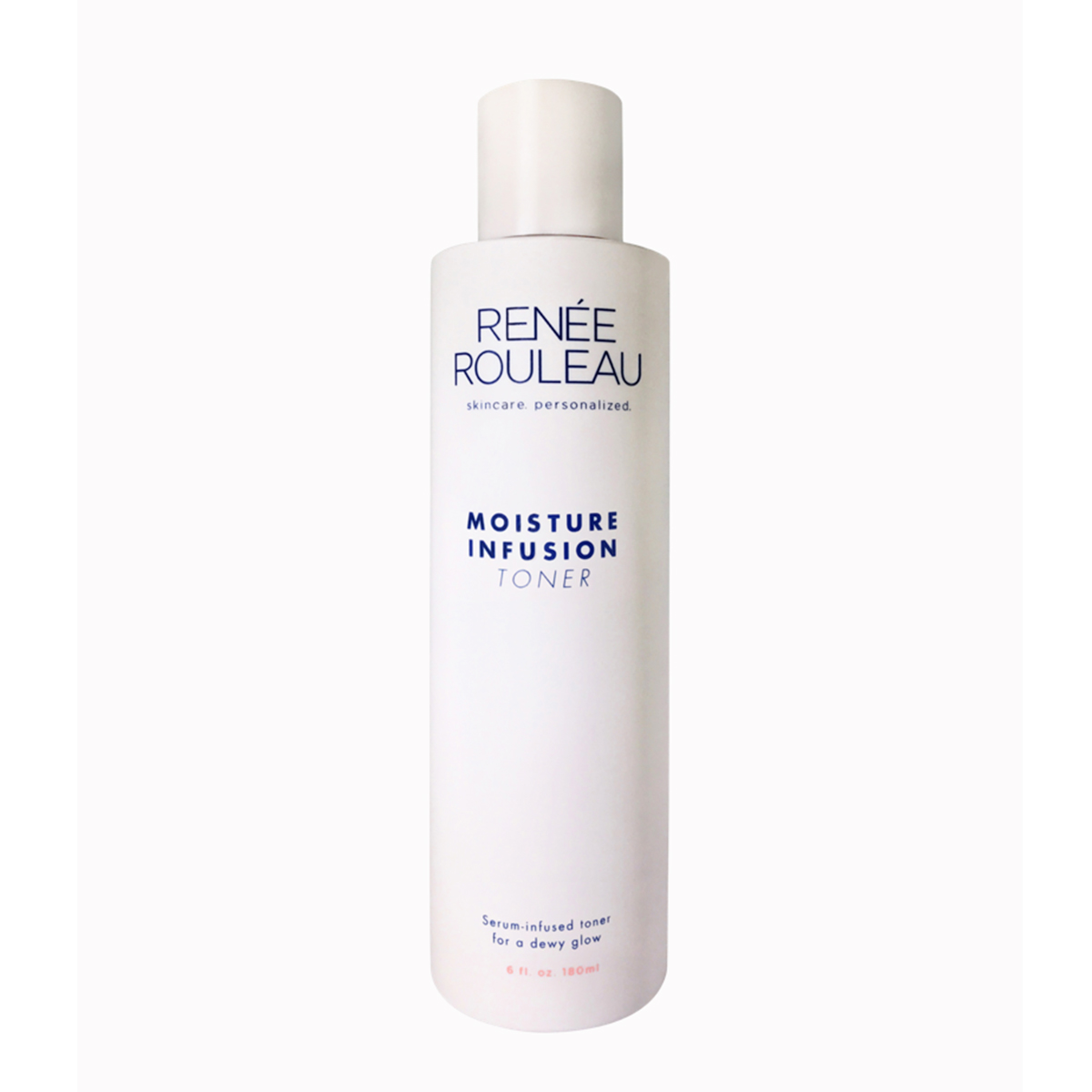
Believe it or not, toner is a critical (and often underestimated) step in any skincare routine, but many formulas can be overly drying or stripping—especially come winter. To make sure you reap the product's benefits year-round, Rouleau suggests using a moisture-enriched formula within 60 seconds after cleansing to seal in hydration while correcting and preventing dryness, redness, and possible irritation. This serum-infused option is chock-full of vitamins and omegas for a silky and perfectly dewy finish.
Specialized Serums

"Give your skincare routine an extra boost of hydration with specialized serums," Rouleau adds. Since serums have a smaller molecular structure than moisturizers, she explains that they're more easily absorbed by the skin and are the perfect step to add to your winter skincare regimen post-toner, pre-moisturizer. Darden recommends looking for a formula featuring hyaluronic acid, as it will help plump the skin with tons of additional hydration. We're personally obsessed with this favorite formula from SkinCeuticals.
A Nourishing, Oil-Free Moisturizer
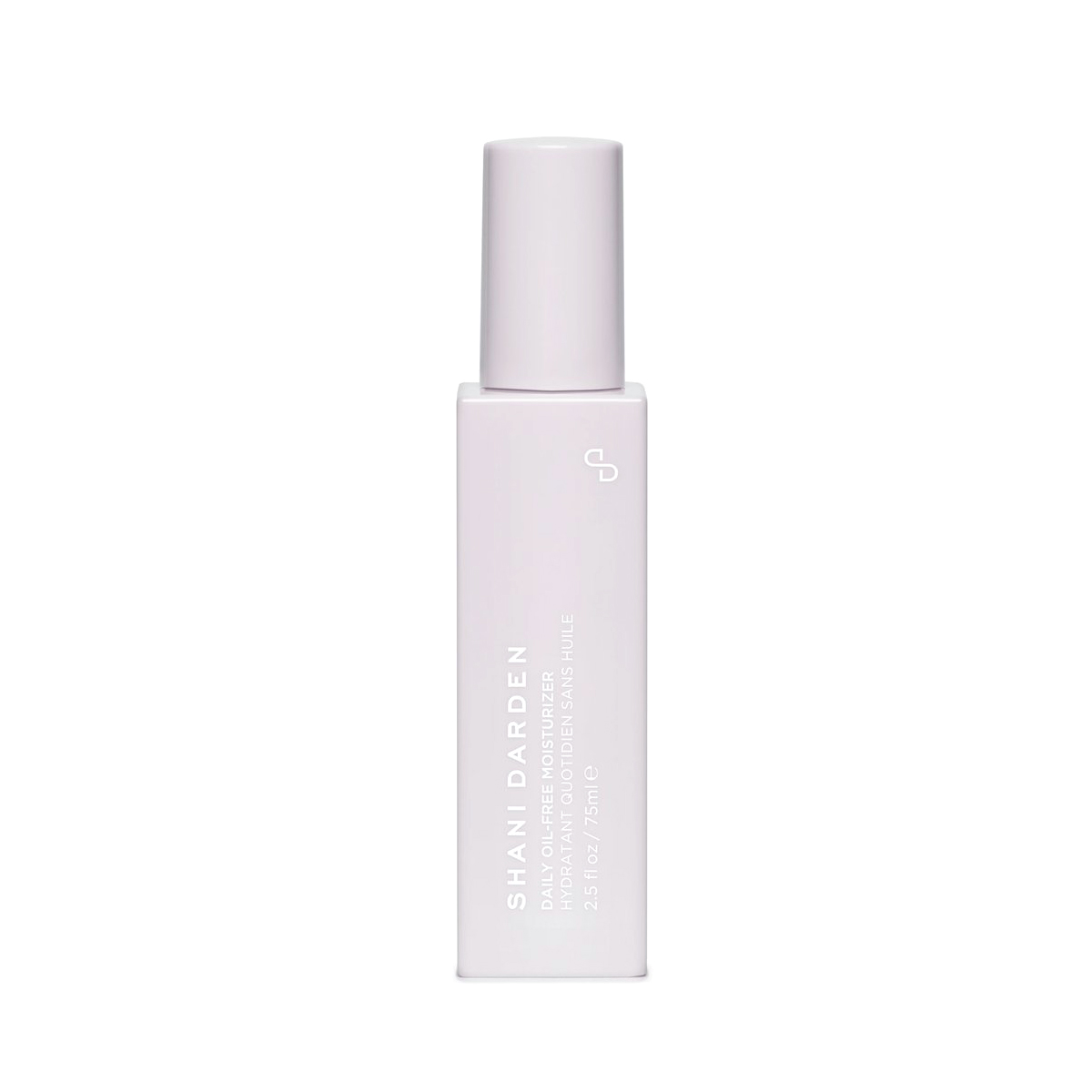
According to Darden, finding a really great moisturizer that's suited for your skin type is a must for wintertime skin woes. If you're concerned about breakouts, she recommends looking for an option that's oil-free and thus will keep dehydrated skin surged with moisture without extra oils that might lead to unwanted congestion. "When shopping for a winter-friendly moisturizer, it's important to look for a formula containing hydrating ingredients to repair the lipid barrier and prevent transepidermal water loss," adds Rouleau. "Some of my favorite moisturizer ingredients for repairing dry, flaky, winter skin are safflower, soybean, sweet almond, carrot, borage, and sunflower oils as well as ceramides and linoleic acid." These ingredients will correct a lack of oil and hydration while helping to repair your skin's lipid moisture barrier to achieve a smooth and supple complexion.Oh, and don't be fooled by the efficacious feel of super-heavy formulas. As Rouleau explains, the right moisturizer doesn't necessarily need a super-creamy texture—even in the winter. A high-quality, lightweight moisturizer should be able to get the job done, but if your skin is feeling especially dry, Rouleau also likes the addition of a hydrating mask to help correct any extra dehydration. She recommends the below pick from Clinique.
Sun Protection
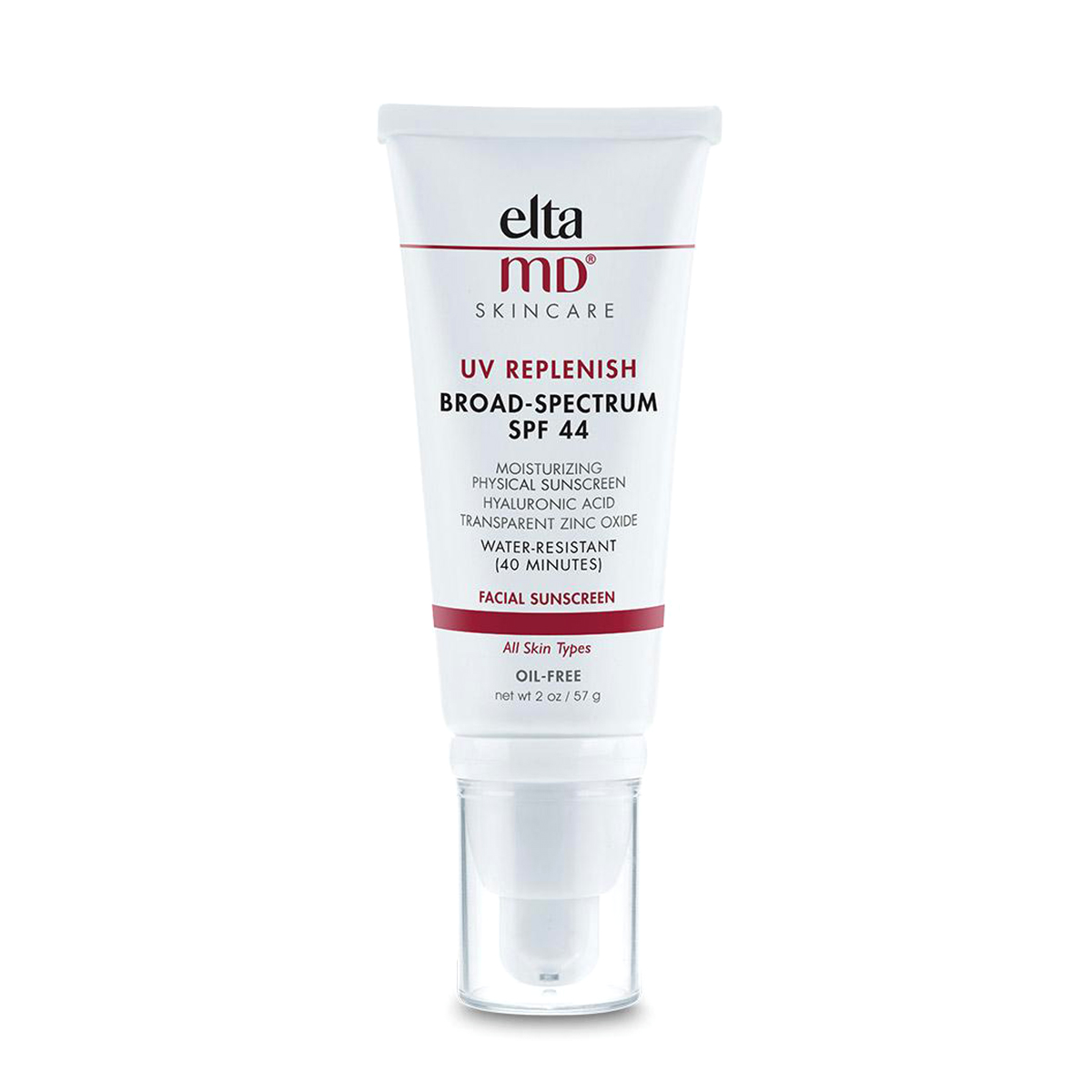
"Just because it is cold outside doesn't mean this is a time to skip the sunscreen," Rouleau warns. "UVA rays (the ones that cause DNA damage to cells that lead to premature wrinkling) are just as powerful in the winter as they are in the hot summer, so make sure you are protecting your skin from damaging rays every single day of the year with an SPF of 30 or higher."We love this new formula from cult-loved brand EltaMD, which is oil-free while also infused with hyaluronic acid—a true one-two punch to winter skin.
A Lip Balm

Perpetually chapped lips are one of the most annoying pitfalls of winter weather and serve as a true saboteur of the bold lip colors we crave once the temperatures dip. While it may be tempting to lick your lips in order to maintain a feeling of hydration, Rouleau warns the autopilot habit will actually do more harm than good."While this can provide temporary relief, it can leave your lips feeling more flaky and dry in the long run," she explains. "I keep a hydrating lip balm in my bag all winter and use it daily to retain natural moisture in the lips." If you're looking to save, Rouleau is a fan of Blistex Complete Moisture ($3), but if you're looking to really spoil your pout this winter, this splurge-worthy option from RéVive features rich conditioners, emollients, and a special RES technology to keep lips cushioned and nourished. The packaging is gorgeous, and I've kept a tube in my gym bag all winter long.
A Humidifier
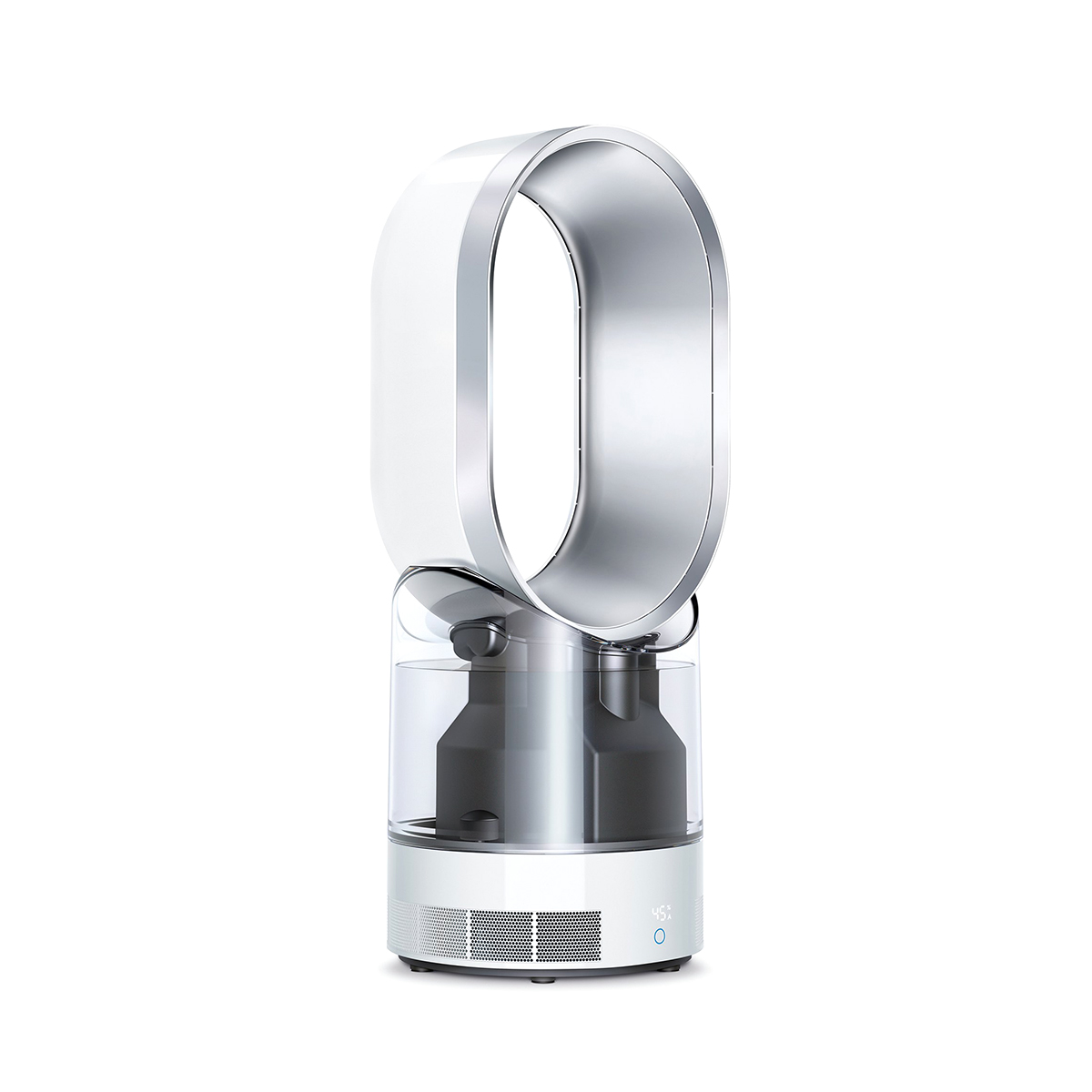
Both Darden and Rouleau are big fans of humidifiers and recommend keeping one in your room to infuse your skin with an extra hit of hydration while you sleep. "Whenever the air is dry and moisture is not present, the air draws moisture from wherever it can (through osmosis) and sometimes it will be from your skin," Rouleau warns. By using a humidifier, you'll be able to counteract the extra dry winter air so that much-needed moisture is, therefore, less likely to evaporate from your skin.
Your A.M. Regimen
1. Cleanse
2. Layer Serums
3. Use Protection
Your P.M. Regimen
1. Cleanse Skin and Remove Makeup
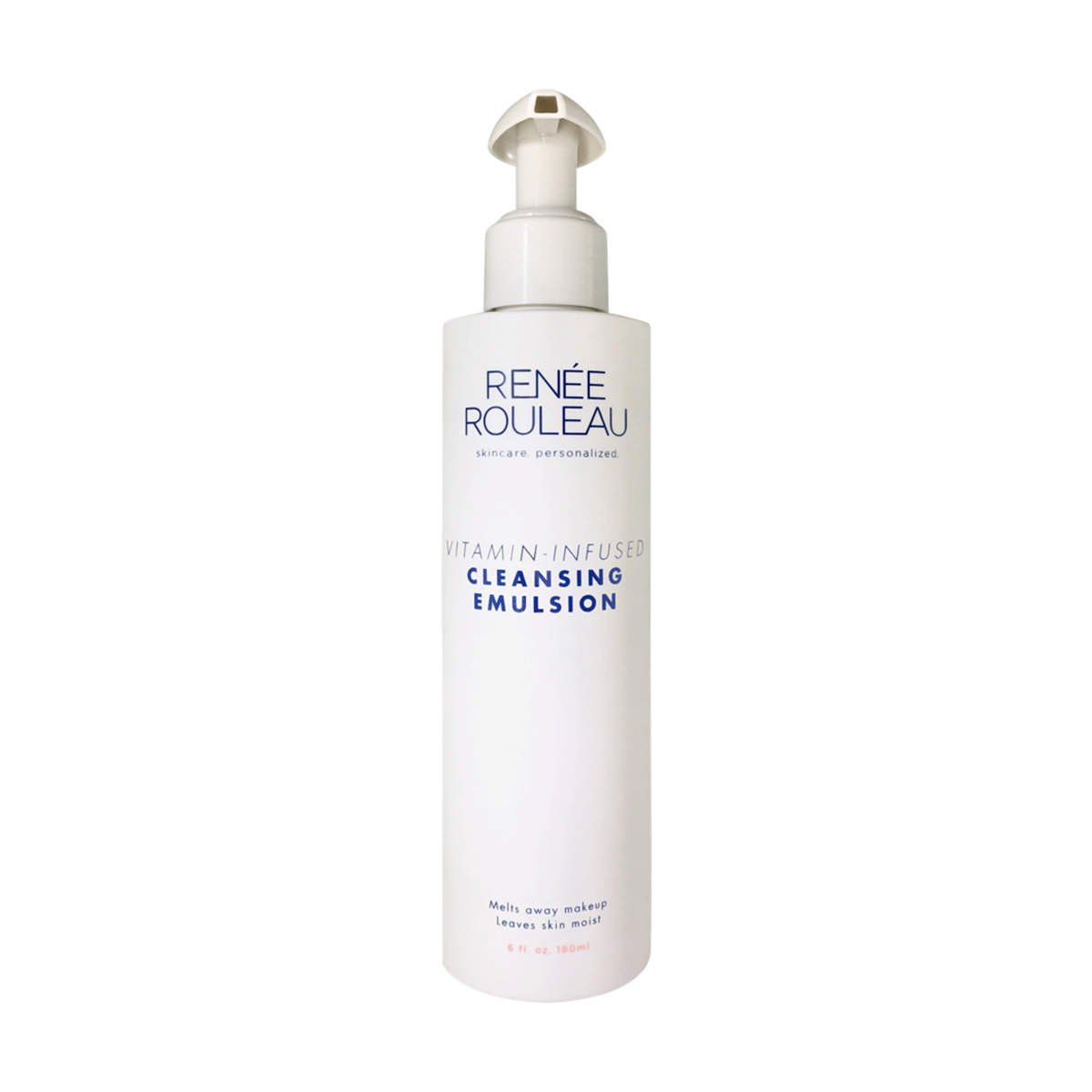
"Wash your face with a gentle cleanser to remove oil, bacteria, and makeup," recommends Rouleau. "I like to use a lotion-based cleanser, like my Vitamin-Infused Cleansing Emulsion at night for the best removal of makeup, followed by an alcohol-free toner."
2. Layer Serums
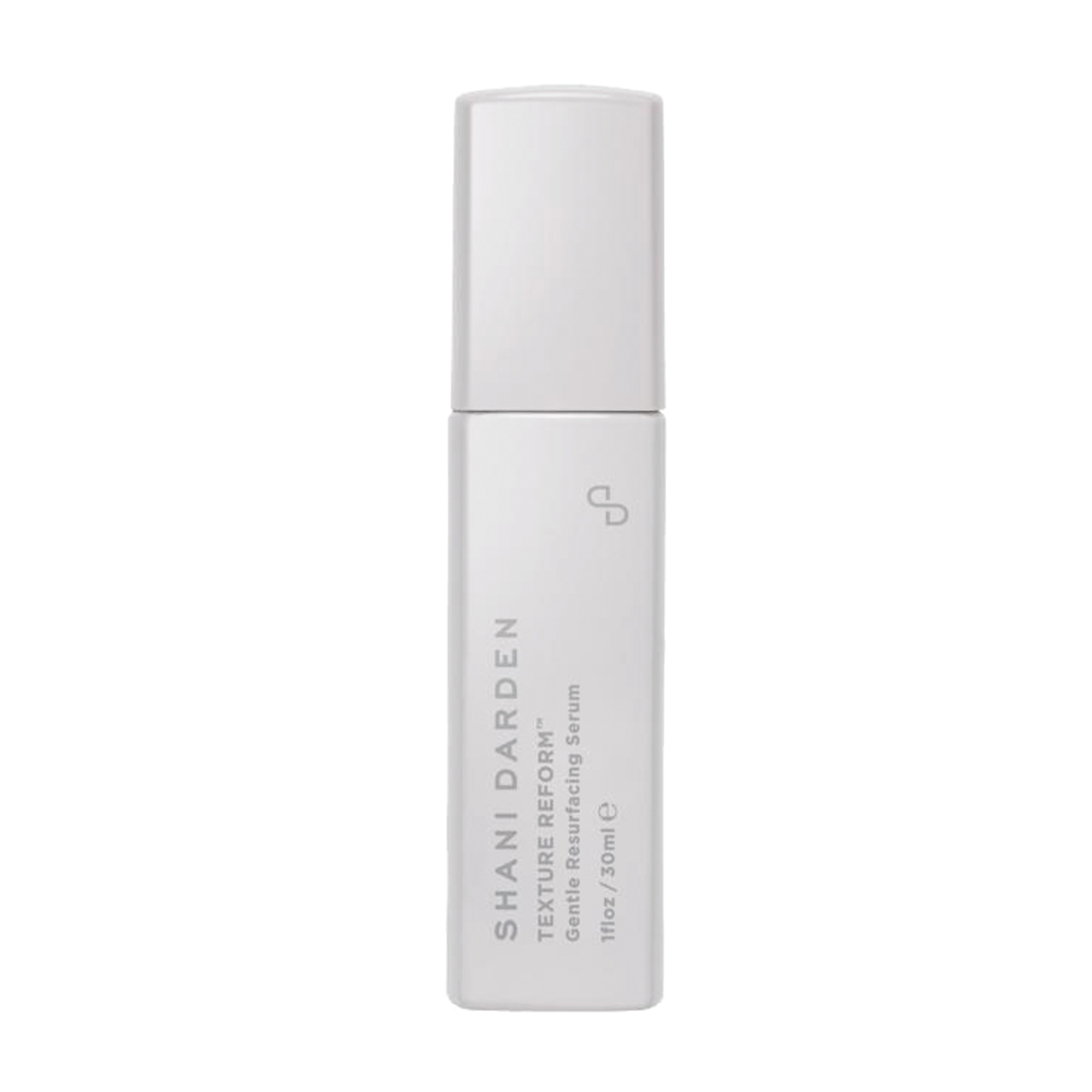
"This is a gentle retinyl palmitate serum to boost collagen in the skin, smooth fine lines and wrinkles, and increase cellular turnover. This will help to keep skin clear and bright!" says Darden. Then, if your skin needs extra moisture, add Dr. Nigma's Serum No1 in again (shown in a.m. regimen) before your moisturizer about one minute later to ensure your serums have had time to fully absorb.
3. Moisturize
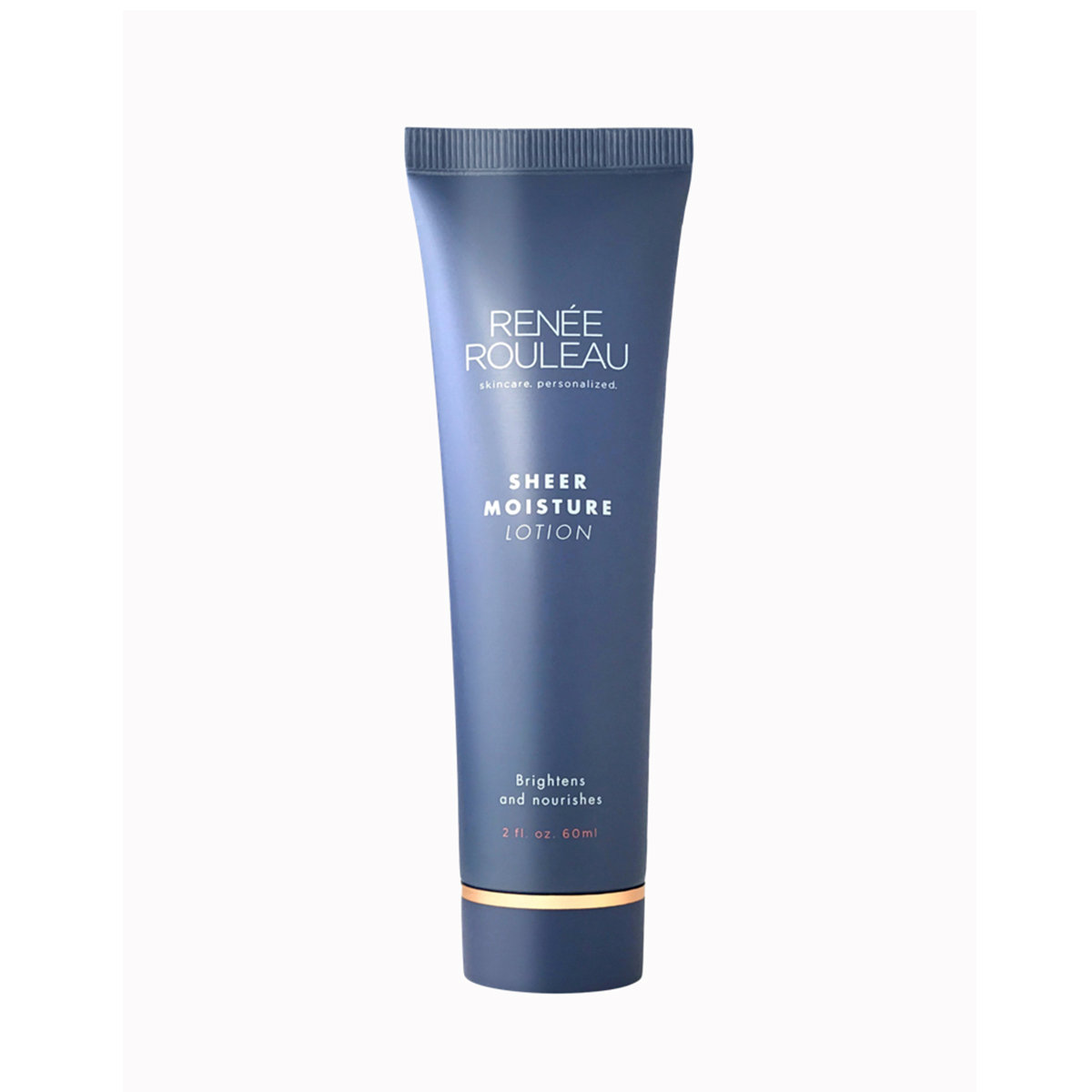
Next, apply a moisturizer without sunscreen. "It doesn't necessarily need to be called a 'night cream,' but any moisturizer that is right for your skin type and doesn't contain SPF is suitable for nighttime use," says Rouleau. "Never skip moisturizer in the evening! It will result in water loss for your skin cells."
4. Tap On Some Eye Cream
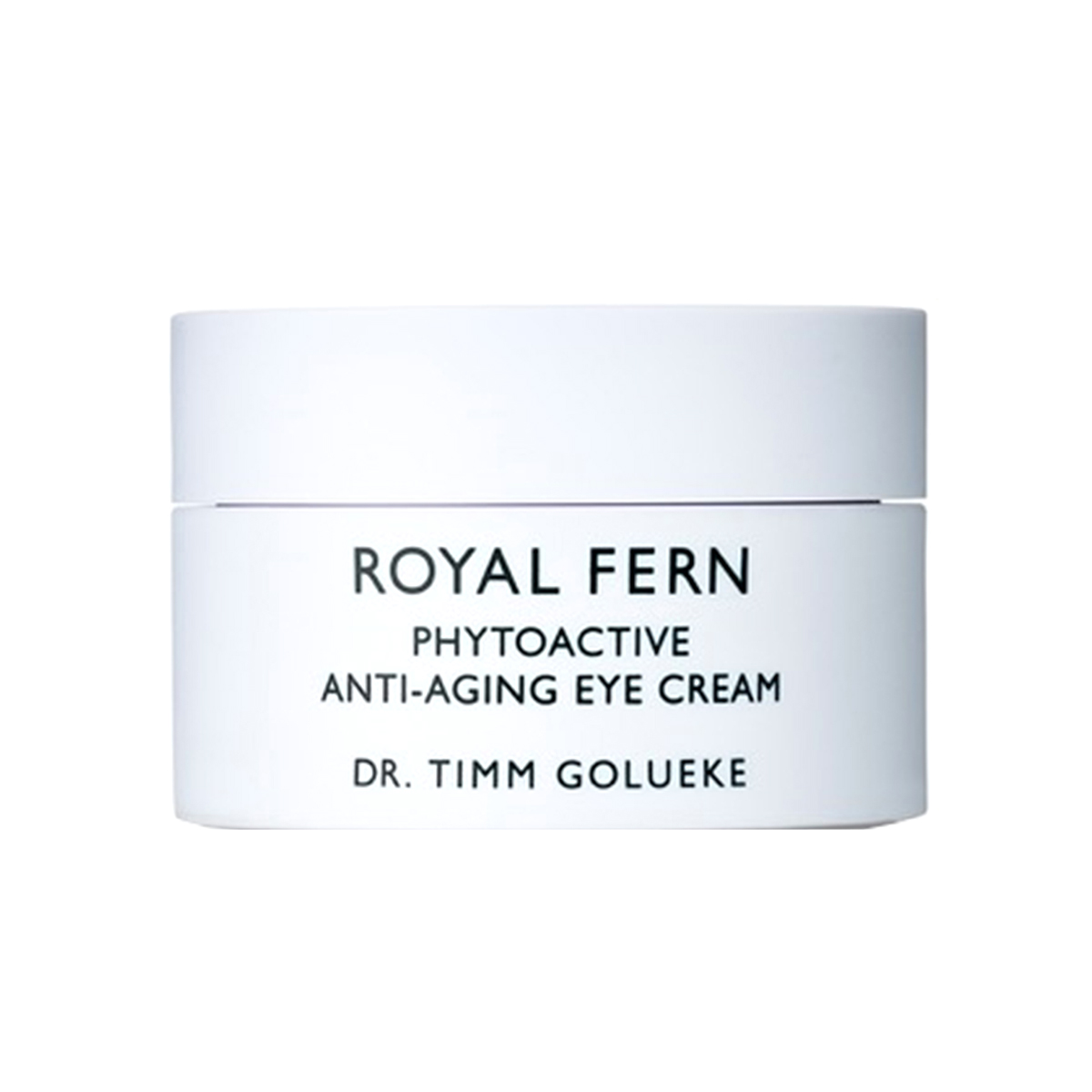
"I'm a huge believer in using a nourishing eye cream, especially as part of your nighttime skincare routine when you're not having to deal with sun exposure or wearing makeup," says Rouleau. "After all, the eye area is the very first place on the face to show the signs of aging in the form of lines and wrinkles."
5. End With Facial Oil
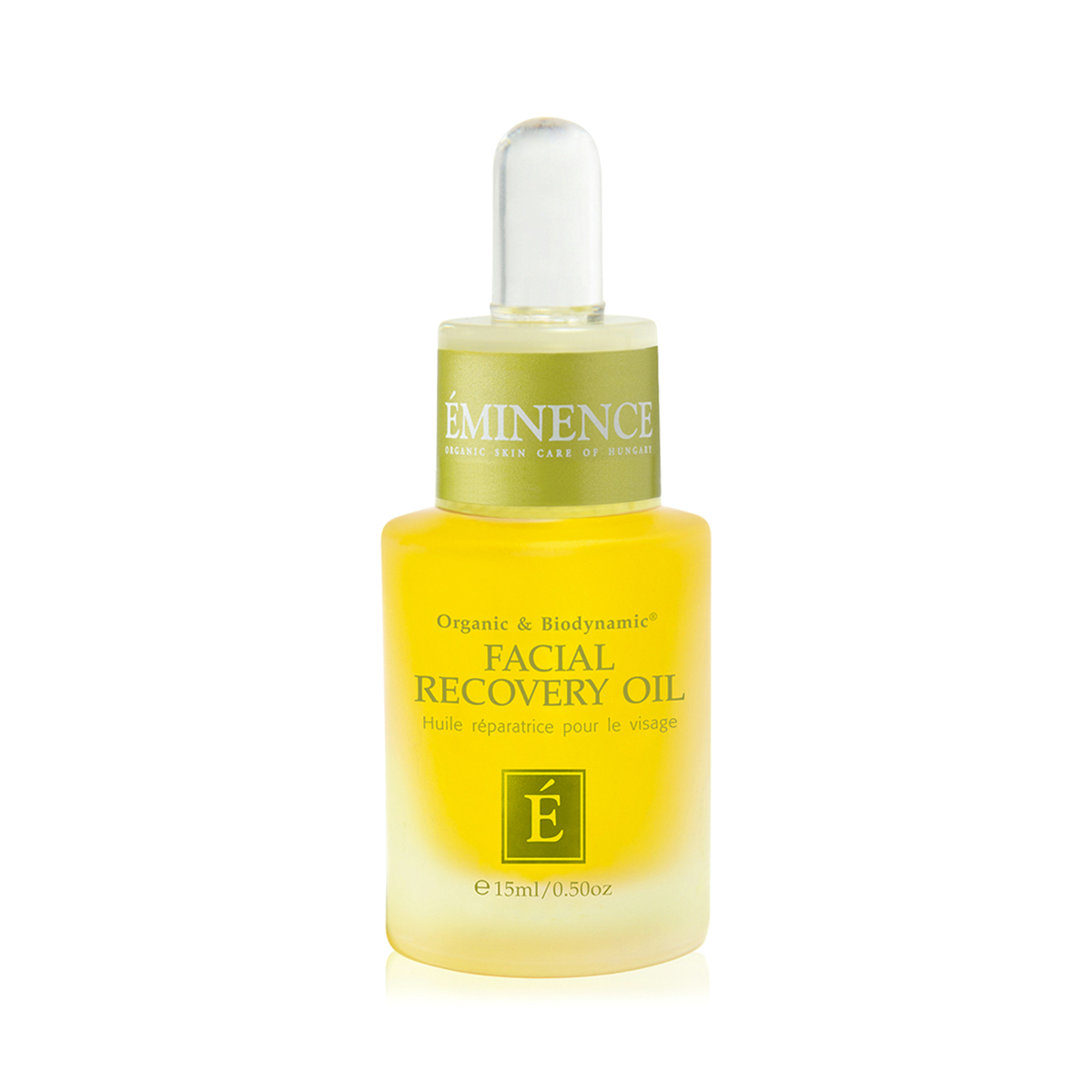
"And finally, apply your facial oil," Rouleau says. "It's important to use oil as the last step in your routine because you want the largest molecule to be on top. Anything with a smaller molecule can't penetrate through a larger molecule. Plus, the oil will lock in all of the other products you just applied and help them work better."That said, if you're prone to acne or your skin does okay moisture-wise without oil, this step isn't entirely necessary. Experiment, and see what works for your skin type.
Optional Additions
Spot Treatments
Exfoliation
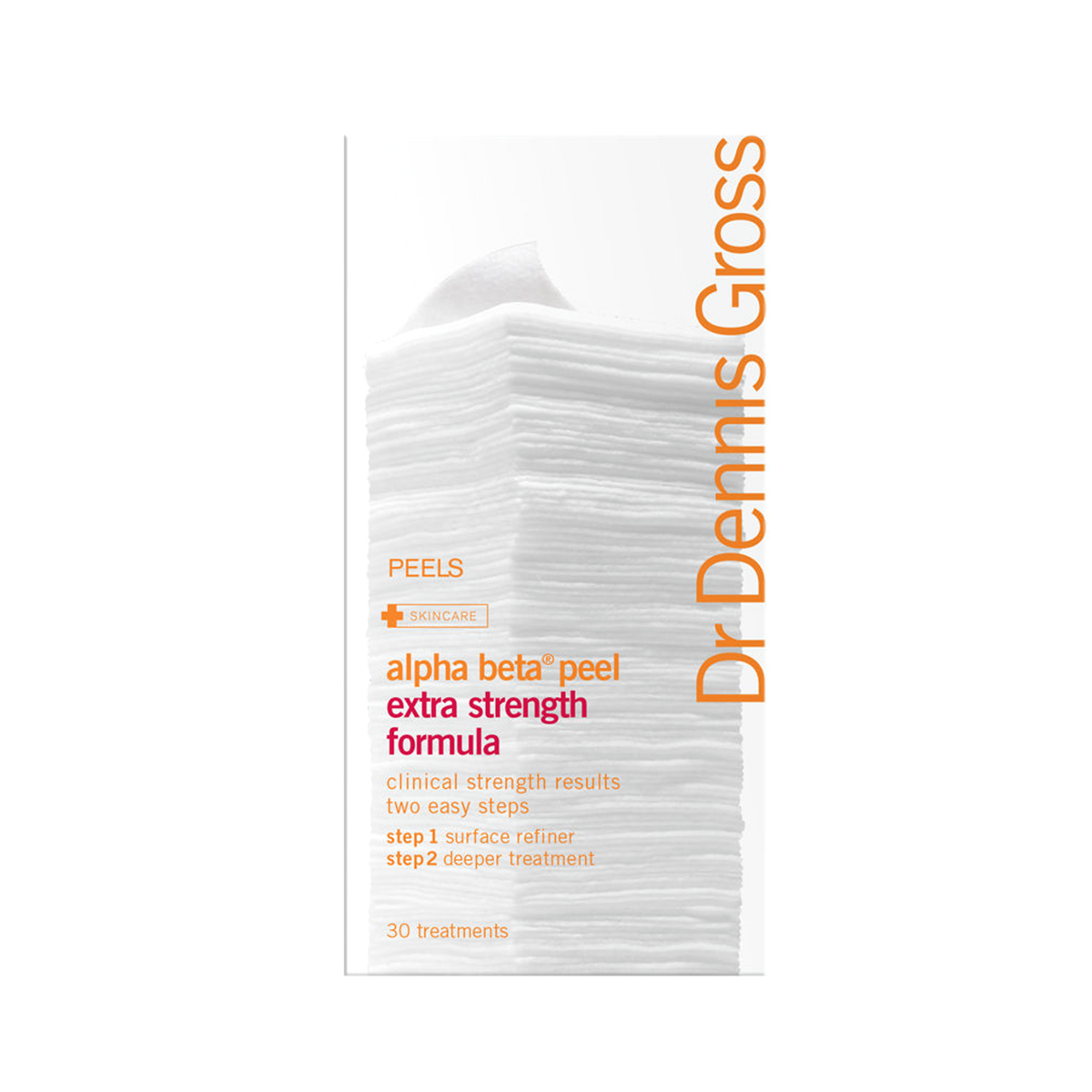
"Exfoliating one or two times a week (pre-p.m. routine!) is so important, even in the winter," adds Darden. "Many people will skip this step in fear that it will dry out their skin more, but it's a necessary step. You have to remove the dead layer of skin on the surface in order for your hydrating products to deeply penetrate!" However, if your skin is more on the sensitive side, you might not be able to exfoliate as often. Again, it's all about trial and error and paying attention to your skin and how it reacts. Next, celebrity makeup artists say these nine beauty products aren't worth the splurge.

Erin has been writing a mix of beauty and wellness content forBest Knockoff Luxury Clothing for over five years. Prior to that, she spent two and half years writing for Byrdie. She now calls Santa Monica home but grew up in Minnetonka, Minnesota, and studied writing, rhetoric, and communication at University of Wisconsin, La Crosse. She studied abroad in Galway, Ireland, and spent a summer in L.A. interning with the Byrdie andBest Knockoff Luxury Clothing family. After graduating from UW, she spent one year in San Francisco, where she worked as a writer for Pottery Barn Kids and PBteen before moving down to L.A. to begin her career as a beauty editor.
